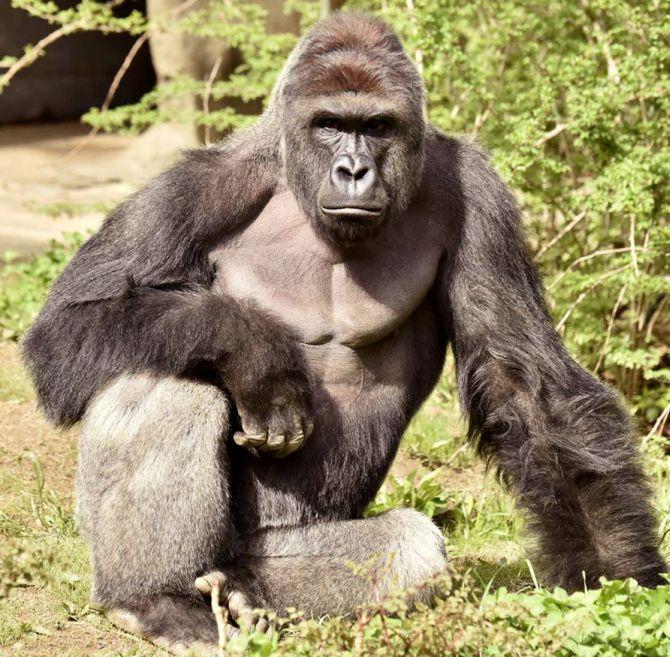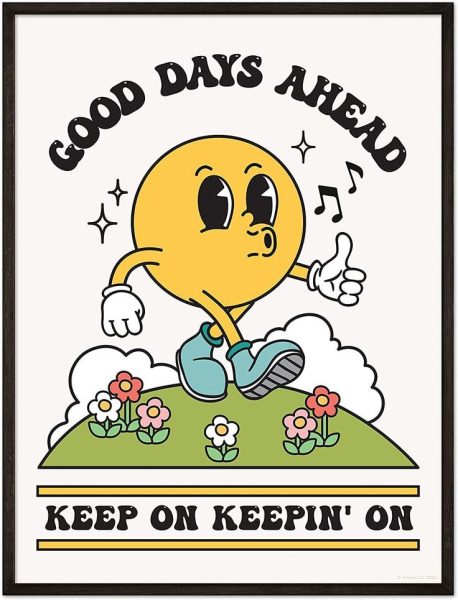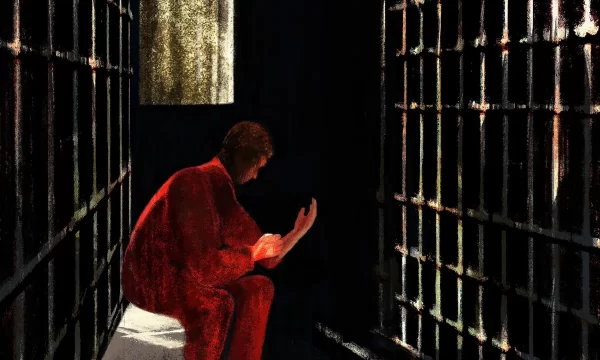Heartbreak for Harambe
Cincinnati Zoo’s Harambe is trending on social media after his controversial death.
August 26, 2016
#justiceforharambe.
#ripharambe.
And finally, #dicksoutforharambe.
If you’ve been on the internet in the past couple weeks, it’s more than likely you’ve seen these hashtags somewhere, or perhaps a variation of them. This meme has exploded in the past couple weeks, and has left many people confused after viewing it.
These statements refer to the death of Harambe, a silverback gorilla kept at the Cincinnati Zoo. On May 18, 2016, a child fell into the gorilla enclosure at the zoo where Harambe was kept. The gorilla grabbed the boy, and proceeded to drag him around to the point where zookeepers feared for the boy’s life. Harambe was shot and killed in order to save the child.
At first, coverage of the incident was covered because of the controversial choice to shoot the gorilla, rather than attempt to find an alternative solution. Silverback gorillas are an endangered species, making killing one a divisive issue. However, the story soon turned into something else entirely.
Given the amount of beloved public figures we have lost in 2016 (David Bowie, Alan Rickman, and many others) the internet, in all of its enigmatic glory, decided to turn Harambe into a parody.
Tweets began pouring down, praising the dead gorilla for seemingly no reason. Tribute songs were recorded, videos made, and Harambe was elevated to more than a passing news story.
The memes and tweets are the result of the internet satirizing the responses that have become so standard this year – #rip (insert celebrity here), followed by a period of public mourning. Harambe became the most recent David Bowie or Alan Rickman – a celebrity that we all held in our hearts who died too young.
This parody continued for a couple months, and was beginning to show signs of dying out (as all internet trends inevitably do), when the Cincinnati Zoo decided they’d had enough. The zoo, after being assaulted for months with a never-ending stream of memes, asked that there be no more memes made of their dead gorilla. This was asked out of respect for the memory of Harambe.
Asking for something on the internet, however, is the surest way to get the exact opposite. The memes intensified, to a point that had never been seen before. Harambe’s justice thundered down from the heavens, to the point where the zoo couldn’t take it anymore.
The Cincinnati Zoo has since deleted its Twitter account and the director of the zoo has also deleted her account. The flood of Harambe satire was too much for them to handle, and the internet swooped down upon them like a hawk upon a mouse.
The whole incident reminds us of the power that the internet has – specifically Twitter. Twitter was where Harambe grew and flourished – without it Harambe would have just been an unfortunate accident at the Cincinnati Zoo.



















Jacob Poderzay • Sep 9, 2016 at 8:56 am
#dogsoutforharambe.
Btw when asked if the sinsinatti zoo had designated smoking zones, they said that you could smoke in the parking lot. Mfw the gorilla enclosure was the smoking zone when they smoked my boi harambe.